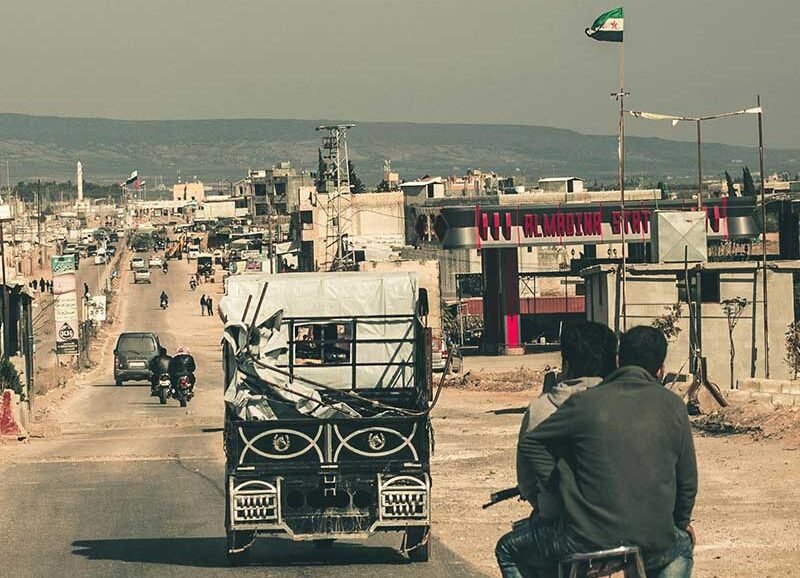Rebuilding Syria’s Urban Transport Network: Strategy and Phased Implementation Plan for a Provincial Capital

Client
A provincial government in Syria partnered with Eurogroup Consulting to develop a strategic and actionable plan for rebuilding its urban transport system, which had been severely degraded during the conflict. The objective was to restore mobility, improve connectivity, and support economic revitalization through efficient and inclusive urban transport infrastructure.
Issues
The city’s transport network had suffered extensive damage, with major roads, public transit routes, and traffic management systems either non-functional or severely impaired. Informal transport had filled the gap, but this created congestion, safety concerns, and service inequality. The municipality lacked a clear blueprint for restoring public transport, managing urban traffic flow, or integrating mobility with urban development plans.
Solution
Eurogroup Consulting developed a comprehensive urban transport strategy and phased implementation roadmap aimed at restoring critical infrastructure, reintroducing structured public transit services, and improving traffic management—all in alignment with the city’s broader post-conflict recovery and urban planning goals.
Approach
We conducted a city-wide mobility assessment, including traffic flow analysis, road condition mapping, and public transit demand forecasting. Priority corridors and nodes were identified for immediate intervention. We collaborated with local engineers, urban planners, and community stakeholders to co-develop a phased plan that addressed short-term mobility restoration and long-term infrastructure upgrades.
Recommendations:
We proposed a three-phase plan:
Phase 1: Restore primary roads and introduce interim bus services along high-demand corridors
Phase 2: Rebuild and expand urban bus terminals, upgrade traffic signals, and formalize minibus routes
Phase 3: Integrate transport planning with future land use development and explore funding for sustainable mobility options such as BRT and bike lanes
We also recommended establishing a municipal transport authority to oversee planning, regulation, and service coordination.
Engagement ROI
The project delivered an actionable roadmap that secured donor interest and unlocked infrastructure grants for road rehabilitation. Within the first year, key road links were repaired, structured public transport routes were reintroduced, and the city saw a measurable improvement in mobility, public safety, and commercial access. The strategy also positioned the municipality to adopt modern, inclusive mobility systems aligned with Syria’s urban reconstruction goals.


